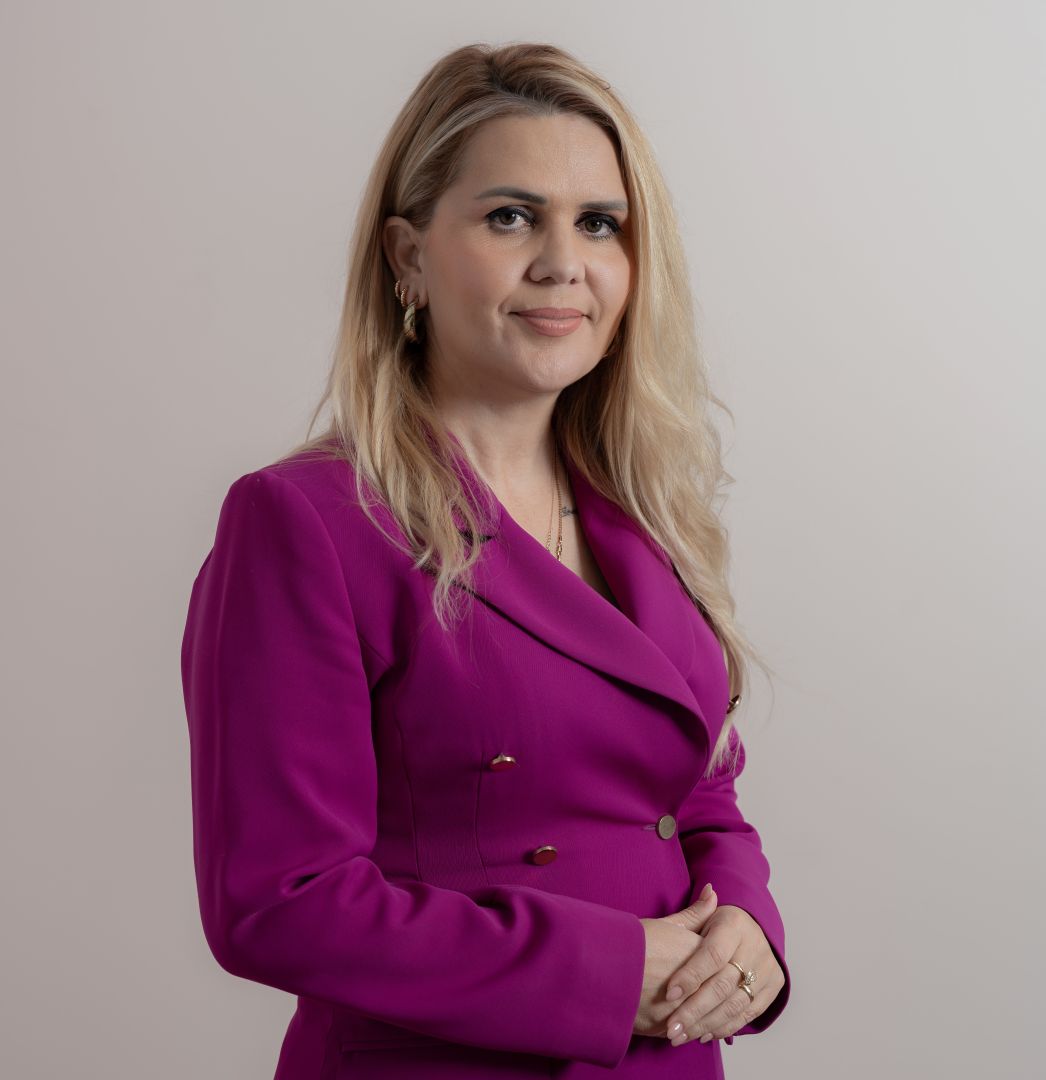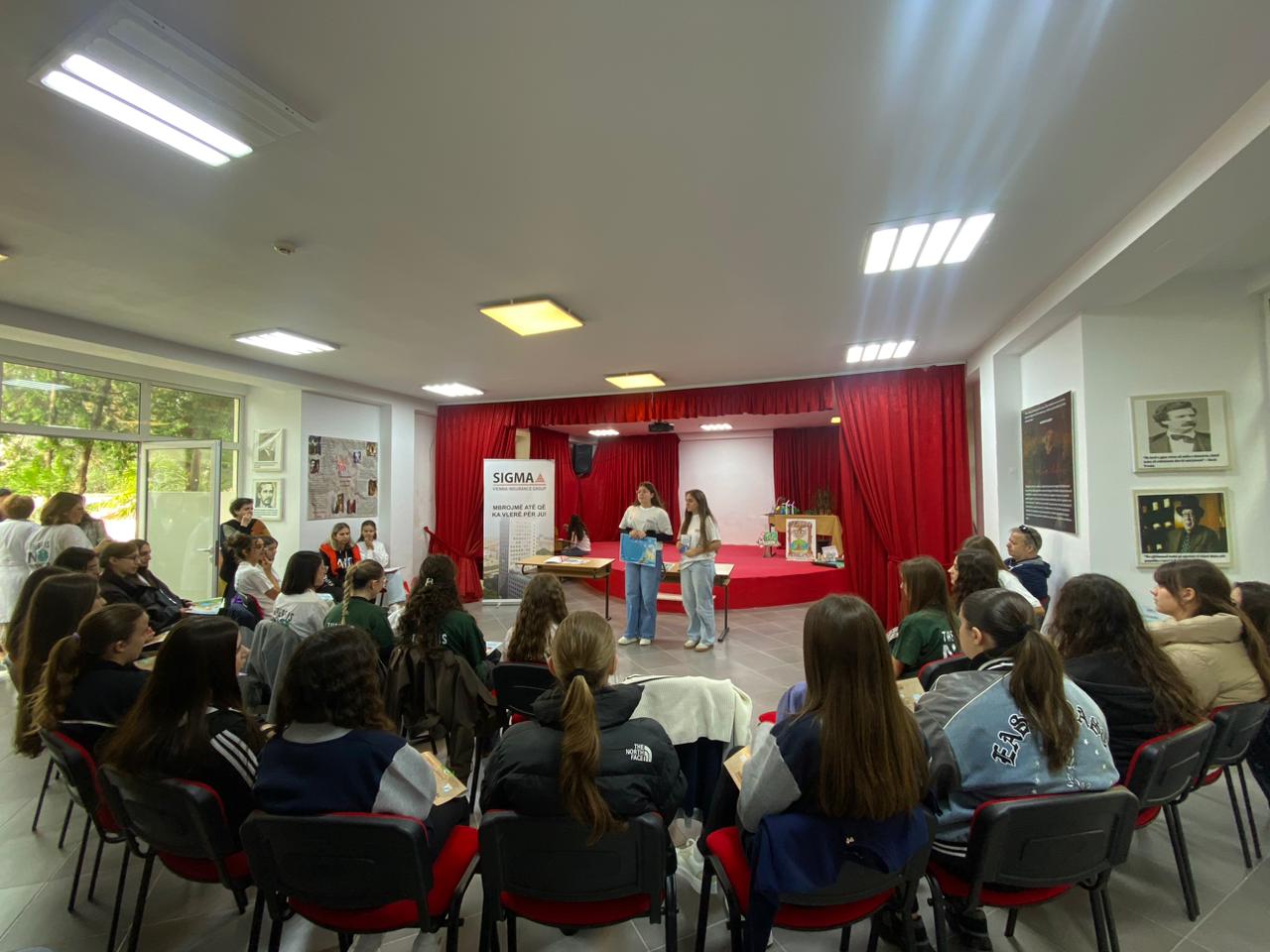Vienna Insurance Group boosts risk literacy of young people

A study commissioned by Austria’s largest insurance company and one of the largest in Europe, Vienna Insurance Group (VIG), has found that young people aged 18-29 are more risk-aware than people aged 30-65. However, both age groups, for various reasons, do not act to limit the potential financial damage from risks and have very little financial knowledge.
The study was conducted by Gallup International in nine countries in 2023 (Austria, Bulgaria, Croatia, the Czech Republic, Hungary, Poland, Romania, Serbia and Slovakia), with around 9,000 participants aged 18-65 (including 2,081 aged 18-29).
The following risks were used to assess risk knowledge: serious illnesses and accidents, work disability, damage to residential property, self-inflicted accidents and cybercrime.
The results of the study showed that young people want to live and not spend time thinking about risks. 80% of respondents were not or very little aware of the risks, while only 61% agreed with the statement “I am careful and try to protect myself from risks”.
Young people and young adults are a particularly vulnerable groups when it comes to the risks by the modern world. “The study found that young people are affected to a much greater extent by risk than older people. They consider themselves much less able to cope with risks when they arise. This uncertainty can lead to impulsive and ineffective decision-making that can have a negative impact on their current and future financial situation,” explains Hartwig Löger, CEO of Vienna Insurance Group.
Young people face special challenges
The 18-29 age group has a wide range of other problem areas to combat in addition to the self-confidence factor. This is also clear from the results of the study. Although 74% of respondents in this age group said they were mostly happy, they were more likely than older respondents to report anxiety, lack of self-confidence and suffocating thoughts. “General surveys also confirm that young people find their life situations very challenging overall. Their expectations are suppressed and their desire for support and security has increased. In my opinion, current issues such as climate change, the economic downturn and socio-political reform movements mean that the younger generation faces particular challenges when it comes to the ability to make well-informed decisions that take potential risks into account,” the VIG CEO continues.
Distorted safety expectations
Young people would benefit from increased knowledge about risks, because the majority of respondents by age group expect that the state will or should pay the bills for risks that arise. The proportion of young people who rely on state assistance in the event of loss or damage is highest in Austria at 65%, followed by Slovakia at 62%. “The greater the expected consequences, the higher the expectation that the state will intervene. This assumption simply does not correspond to reality. In Austria, the state does not contribute at all to the costs of the permanent consequences of accidents. And anyone who finds themselves unable to work at a young age only receives limited state benefits due to reduced contribution periods – these are just two examples,” says Hartwig Löger of the distorted expectations that young people have about security.
Lack of knowledge is not related to age
58% of the age group surveyed expressed an interest in receiving advice on taking the necessary precautions in life. So the issue is more that they lack the knowledge to prepare for the future. This is related to the lack of financial knowledge of the population as a whole. The results of the study showed that 80% of 18-29-year-olds consider themselves to have little or some financial knowledge, while 70% of the 30-65-year-old age group also reported little or average financial knowledge. So the lack is not related to age, but to education. For this reason, financial knowledge and risks should be part of the core curriculum of educational institutions. “Distributing this knowledge in educational settings would also help us reach those groups that receive little or no financial education at home,” suggests the head of VIG.
VIG systematically focuses on strengthening risk awareness and prevention among young people. Risk awareness as part of the VIG Sustainability Program is part of the social sustainability initiatives, in cooperation with its local companies to take measures that increase risk awareness.
Vienna Insurance Group (VIG) is the leading insurance group in Central and Eastern Europe. Around 30,000 employees in more than 50 insurance companies and pension funds in 30 countries work for VIG. We develop insurance solutions adapted to local and personal needs and thus hold the leading position in the insurance sector in Central and Eastern Europe.
Recent articles










